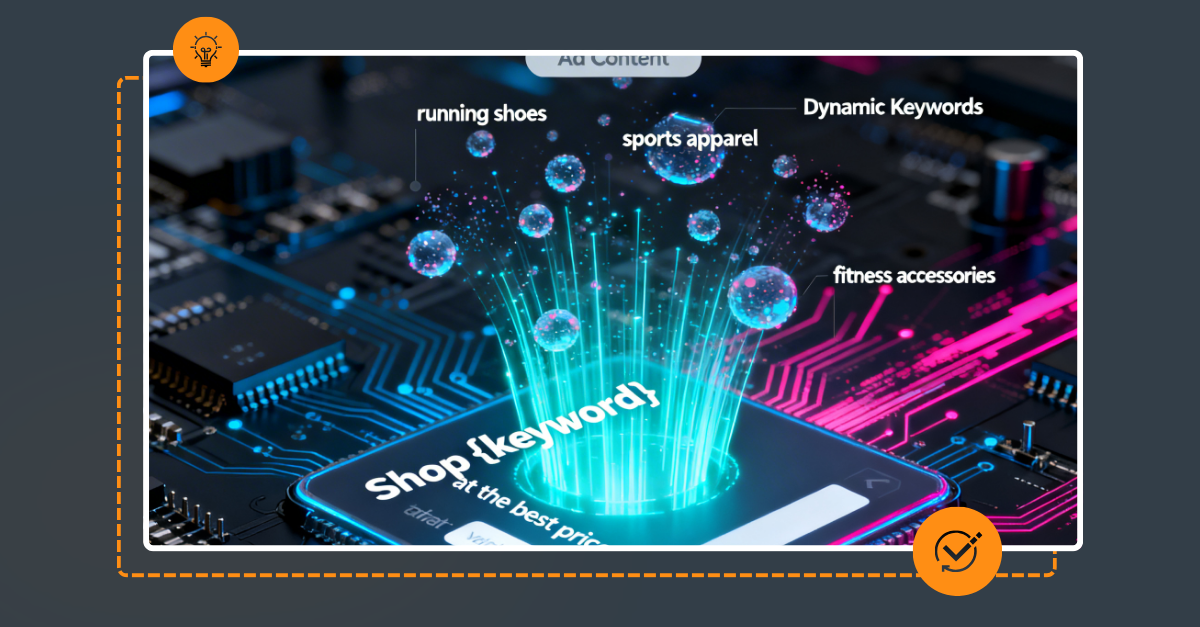Enjoying the article?
We’d love to help you apply these ideas to your own marketing. Schedule a free session with one of our strategists and walk away with 2–3 actionable takeaways.
You might have the best products in the world, but if only a few consumers know about your brand, you won't be very successful! It's like that old saying: "If a tree falls in a forest, and nobody is around to hear it, does it make a sound?" That's why you measure brand awareness with a handful of digital marketing KPIs. Doing so lets you learn how many know about your company and its offerings, which is super useful if you're trying to build your business. But which brand awareness KPIs should you choose? Find five of the best ones below.
What is Brand Awareness?
Brand awareness means how familiar consumers are with your business. At the very least, they have heard about your brand and know what it sells or what it does. Brand awareness is critical because people are more likely to purchase a product from a company they recognize. The more people understand about your business, the better. High brand awareness is when your audience can identify your logo or even your CEO. Think about companies like X and Microsoft. These brands are extremely recognizable, making it easier for them to connect with consumers. You can track brand awareness with different KPIs and adjust your marketing strategies to make people more knowledgeable about your company. Various digital tools will help you do this, such as Google Analytics, Semrush, and Sprout Social. These platforms let you view charts, graphs, and other visualizations that reveal insights about your chosen brand awareness KPIs, providing you with the intelligence you need to fine-tune your strategies.
Why is Brand Awareness Important?
Brand awareness increases trust, sales and sign-ups, and brand advocacy. Explore these benefits in more detail below.
Boosts trust
Think about the last time you shopped for an item online. You might have come across a company you have never heard of before and researched that brand. Perhaps you read feedback from previous customers on a review website. If those reviews were mainly positive, your trust in that brand probably increased. As customers become more aware of your brand, they will learn to trust you. They will discover you are a legitimate retailer offering high-quality products and excellent service.
Drive sales and sign-ups
When customers know and trust your brand, they will be sure you won't scam them or provide poor service. Those customers will be more likely to purchase from your online store and remember your brand in the future. That increases sales for your company. Brand recognition can also improve sign-ups to your mailing list. Customers likely won't have a problem sharing their details with you if they know about your company and trust it.
Improve brand advocacy
Once you've established trust with your customers through brand recognition, those customers could become advocates for your company. That means they might leave positive reviews about your products on social media or tell their family and friends about what you do. Brand advocacy is just as effective as paid advertising and won't cost you anything! The more advocates you have, the more people will know about your brand, increasing awareness about your company even further.
What are KPIs?
KPIs are quantifiable measurements of business performance. In other words, they tell you how well your business performs in different areas, such as sales, marketing, and customer service. In a brand awareness context, KPIs reveal how many people know about your company and to what extent, helping you learn where you stand in your industry and how you compare with rivals. You should track at least a few brand awareness KPIs. Otherwise, you won't know how many consumers recognize your brand. Even if KPIs uncover little brand awareness among your target audience, you can adjust your marketing strategies to increase recognition in the future.
5 KPIs that Track Brand Awareness
Start by tracking some or all of the brand awareness KPIs below. Monitor them for a few months as you adjust your marketing strategy and see whether brand recognition increases over time.
- Page impressions If someone has visited your website or one of your social media pages, they have become aware of your brand to some extent. These online properties tell consumers what you sell, what industry you are in, what your values are, and so on. Page impressions is a KPI that reveals how many people visited your website and social media pages and, therefore, know something about your company. It's one of the most important brand awareness KPIs because it gauges your reach — the number of people who view your content and, ultimately, want to learn more about your brand. There's no specific calculation or formula to work out page impressions. Instead, check this metric on a platform like Google Analytics (for website page impressions), or Instagram, Facebook, or another social network (for social media page impressions).
- CTR Once you find out how many people visit your website, you can discover how many came from a search engine. Click-through rate (CTR) is a KPI that discloses the number of consumers who clicked on a link in Google or another search engine to end up on a page on your site. Again, if someone has clicked on your site, it must mean they are aware of your brand. They will, at the least, know what products you sell or services you offer. The higher your CTR, the more people know about your company. Google Analytics is the best platform for measuring CTR. You find out the number of people who clicked on a link to your site during specific periods and see if your CTR has increased recently.
- Unique users The problem with page impressions and CTR is that they only give you a rough idea of the number of people aware of your brand. For example, the page impressions KPI tells you how many consumers visited your website, but this number might include repeat visitors — those who viewed your site more than once. Unique users is a KPI that measures distinct individuals who view your website rather than the total number of site visitors. That can help you really learn how many people are aware of your brand and its products and services. Again, you can track this KPI with a tool like Google Analytics.
- Branded search volume Branded search volume refers to the amount of searches people make that contain your company's name. For example, if your business is called "Sunshine Window Cleaning," and someone types this name or a term that includes this name into Google, that's a branded search. The branded search volume KPI is extremely useful for brand awareness tracking. That's because it tells you how many consumers already know the name of your company and want to find out more information about it. If an analytics tool identifies higher branded search volume this month compared to last month, you can conclude that brand awareness is increasing.
- Website traffic source The website traffic source KPI tells you where your website visitors have come from. That can help you understand which sources are the most valuable for driving brand awareness. For example, if the majority of your traffic comes from Google, most people learn about your company by reviewing search results. Various traffic sources lead people to your site. As well as search engines, potential customers might land on one of your pages via a link placed on another website (referral traffic). Alternatively, traffic might come from an ad on a search engine (PPC advertising) or from a link in an email. Analytics tools will help you find your most popular traffic sources.









.png)






